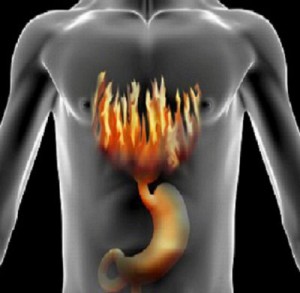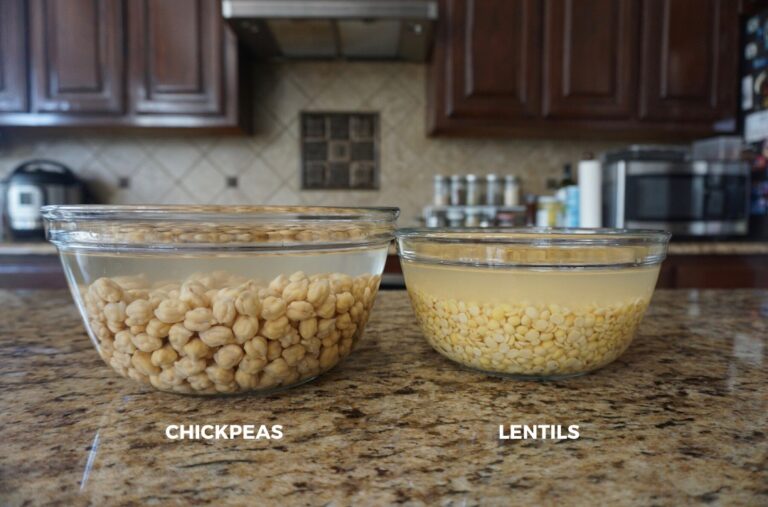Natural, raw, unsalted almonds are a tasty and nutritious snack with plenty of health benefits. Loaded with minerals, they are among the healthiest of tree nuts. Almonds – the heartbeat of all nuts are a rich source of calcium, magnesium, vitamin E, protein, fiber and antioxidants. Just a handful of almonds a day helps promote heart health and prevent weight gain and it may even help fight diseases like Diabetes and Alzheimer’s.
Is it true that raw almonds must now be pasteurized in US, Canada and Mexico?
Yes, starting on September 1, 2007 it became illegal for 100% raw almonds to be manufactured and sold in the United States. (The law was made after 2 salmonella outbreaks linked to almonds in early 2000’s). While they will still be labeled “raw”, they will be pasteurized. Some will be pasteurized with steam but many will be treated with Propylene oxide. In addition, all pasteurized almonds available in the marketplace will still be labeled as raw almonds. Almond pasteurization is required by law in the U.S, Canada, and Mexico.
Why did it become mandatory to pasteurize Almonds?
The origins of this new law date back to 2001, when an outbreak of Salmonella poisoning in Canada was traced back to an almond grower in California. At that time, the California Department of Health Services worked with that grower to increase the safety of almond production. But when a second round of Salmonella problems occurred with an entirely different grower, the federal government stepped in to consider a more comprehensive set of actions. USDA together with FDA, CDC, California Almond Board and other agencies drafted legislation to prevent further Salmonella outbreaks based on post-harvest processing of almonds.
Check this out: You can read the new law and its specific provisions by going to the website of the California Almond Board @ Almonds food safety
Suggested methods of pasteurization of almonds are:
- Steam Pasteurization (degrades the integrity of nuts and also devalues the nutrients, enzymes and antioxidants.)
- Propylene Oxide (PPO): Fumigation with toxic PPO gas. Propylene oxide is considered to be a carcinogen but this method is cheaper for bulk growers.
Even almonds on the watch list now! My first reaction when I heard about almonds being treated was what do we eat now without worrying about its contents or authenticity?
If so, what are the health implications of this new requirement?
If they are pasteurized with high heat you can expect some nutrient loss in almonds that is unnecessary. Main concern will be if they are gassed with PPO: then you will see some Propylene oxide residues in almonds that were gassed to reduce Salmonella concentrations and this will be a bad thing because Propylene oxide is classified by the U.S. Environmental Protection Agency (EPA) as a probable human carcinogen.
Source you might want to consider meanwhile:
Meanwhile you might want to opt to purchase your almonds from
- A grower at a local farmer’s market or
- From a certified organic almond grower outside of the United States who exports almonds to us. I bought these raw almonds exported from Spain of great quality: Raw Almonds exported from spain
Something to think about: Within the past 10 years tomatoes, spinach, green onions and many other fresh produce have been linked to salmonella outbreaks. Does that mean we should eliminate all fresh produce?







